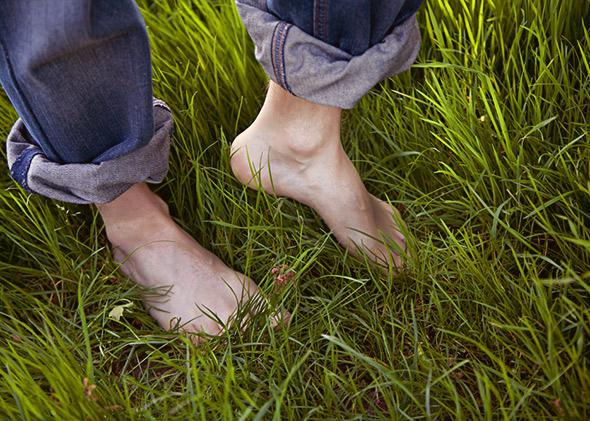This article originally appeared in Inside Higher Ed.
A quick exchange on a university’s faculty discussion board has led experts in Appalachian studies to consider again whether bias in academe (and society) is too accepted when it is about the people of the region they study.
On the faculty discussion board, a staff member posted a complaint about a student walking around barefoot in a building. A response is what set off the larger discussion.
One professor wrote:
My approach would be to assure this student that going barefoot is not against the rules because the assumption is that by the time they reach college, students are expected to understand why wearing shoes is expected on campus. If s/he disrespects his or her peers and the college community enough to (un)dress like a hillbilly here, I would say, then s/he should be prepared to be dismissed as one, in whatever pursuits s/he favors, in the preference of someone more attuned to proper decorum and respectful behavior.
A professor who was troubled by that response forwarded the comment to the Appalachian studies email list with the question: “Colleagues, if you read the following on your institutional discussion board in reference to a complaint about a barefoot student, how would you respond to the professor?” The responses came quickly. Many were furious that a faculty member would feel free to talk about “hillbilly” behavior in this way.
One suggested response was: “Spit on their car.”
But many other responses noted that such comments are common at various campuses, and that faculty members who would carefully consider whether their comments might offend members of many groups do not feel the same need to be sensitive to those from poor, largely white, rural communities in Appalachia. People from Appalachia wrote of being asked at colleges and universities such things as when they started to wear shoes.
The exchange reached a larger audience when it was reprinted on Academe, the blog of the American Association of University Professors.
The Academe post did not identify the institution where the “hillbilly” comment was posted, but Rosann Kent, director of Appalachian studies at the University of North Georgia, confirmed that she posted the query about her colleague’s remark. North Georgia is in Appalachia, and attracts plenty of students from the region, but Kent noted that it has far more students from elsewhere in the state, and that the student who was not wearing shoes was as likely as not from suburban Atlanta.
Kent said what bothered her about the colleague’s comment was the quick assumption that this student must be from Appalachia, and not just any student who was celebrating the end of the year and the arrival of warm weather by being slightly less dressed than normal. “Most of our professors are not from the area, so it was an opportunity to educate and bring this issue forward,” she said. “My larger concern is: Why is it still OK to paint mountain whites in a different way?”
Terms like hillbilly or redneck demean, she said, yet they are used all the time in most parts of society, including academe. Kent places much of the blame on Hollywood, which makes films and television shows that play off the stereotypes.
But she asks why professors—who know to question some Hollywood stereotypes—don’t do so here. “Why are we the last acceptable stereotype?” she asked.
Kent said she wasn’t particularly surprised to find hillbilly turn up in a faculty discussion board, or discouraged. “This is an opportunity to talk about these issues,” she said. “It’s all in a day’s work.”
